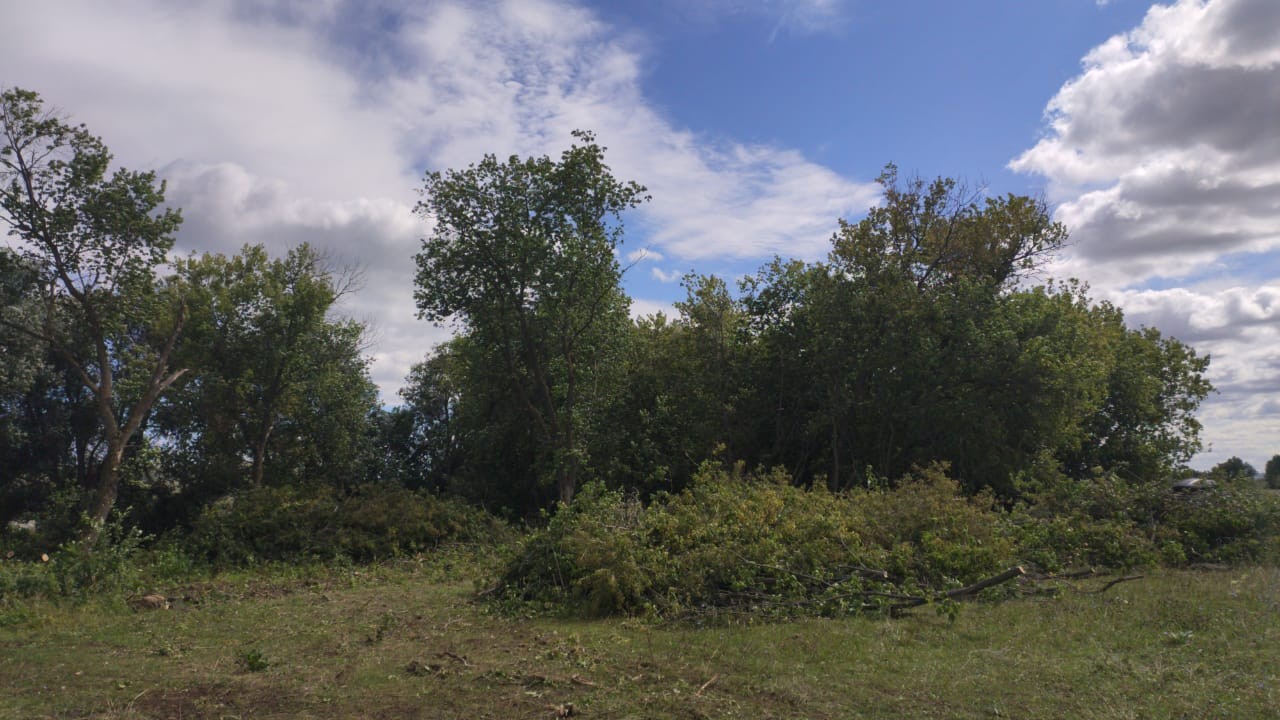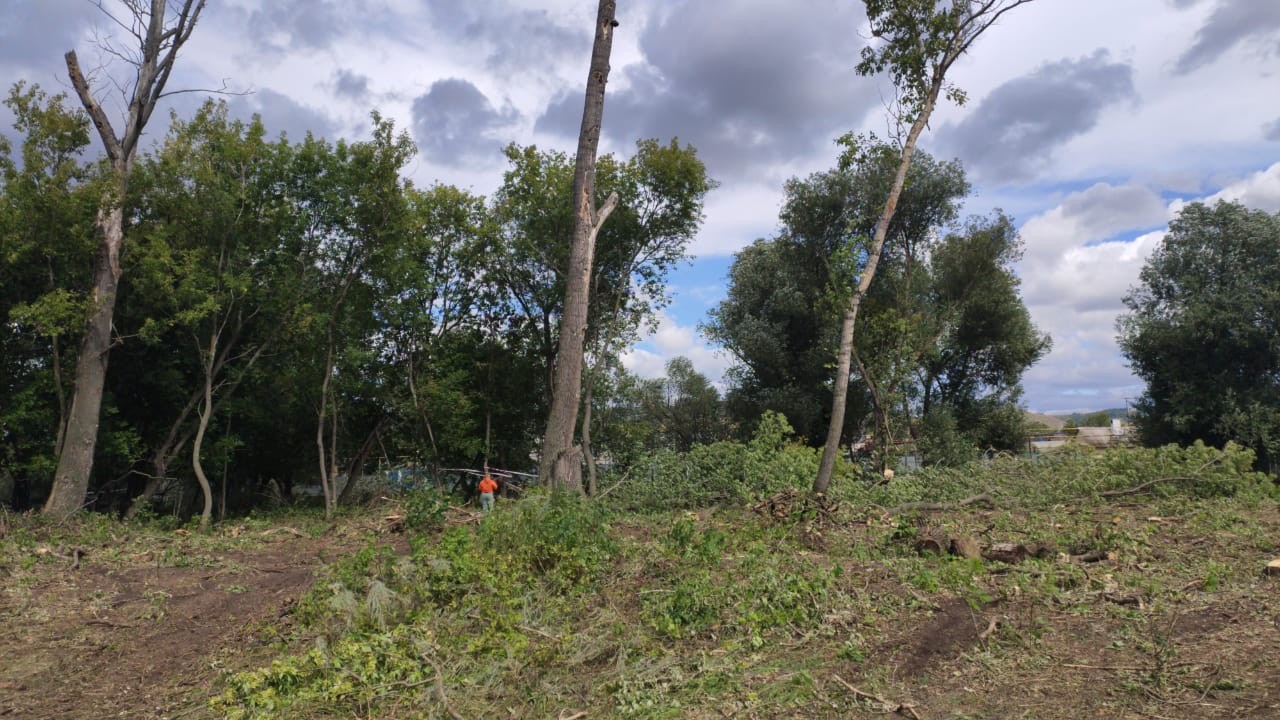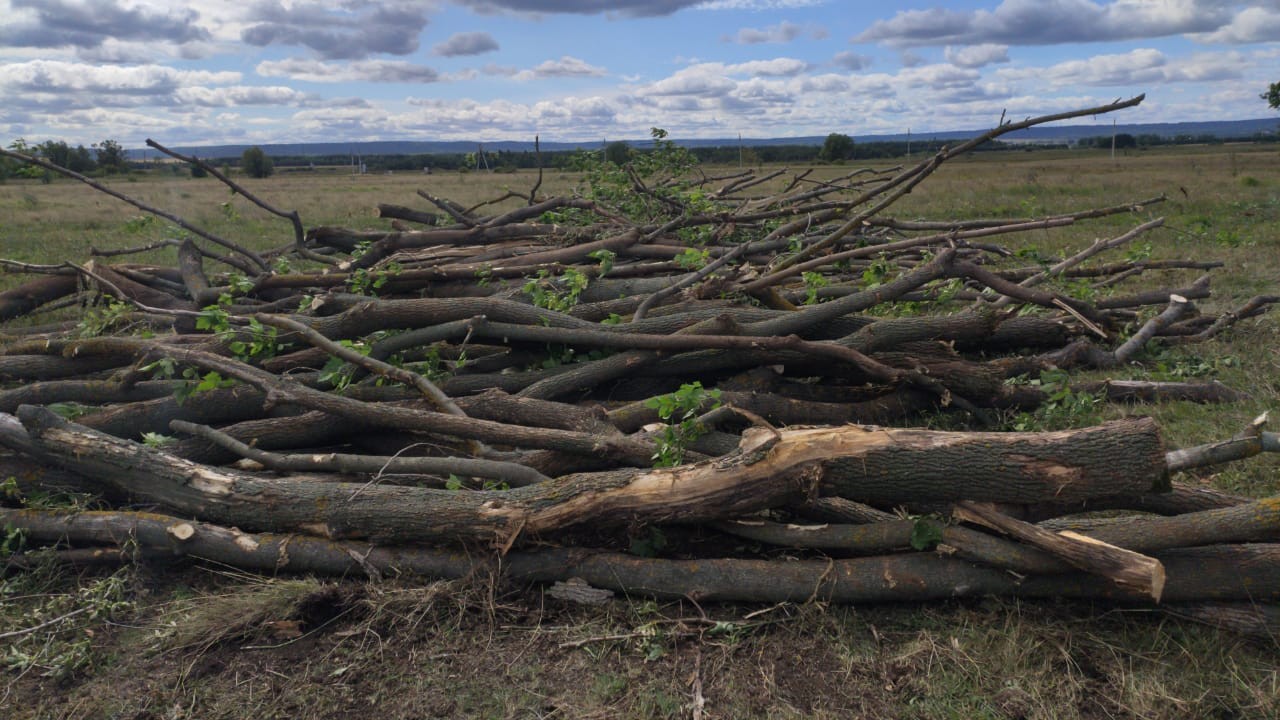Researchers look for ways to battle box elder

Local oil powerhouse, Tatneft, approached KFU in a bid to restore natural biomes along the Volga River.
Deputy Director for Research of the Institute of Environmental Sciences Maria Kozhevnikova explains, “We explored 60 kilometers along the river from Karabash Water Reservoir to Zainsk Water Reservoir and compiled a geobotanical atlas of the valley of the Stepnoy Zay River. Based on this data, recommendations will be made to make plantations instead of the uprooted box elders.”
The research is going to take up the rest of the year 2020. It includes taking drill samples from box elders to find out the history of their presence in this area.
“Box elders grow in flood lands. Those are not agricultural areas, which would fall under the purview of the Ministry of Agriculture, nor are they woods, which would be in the responsibility of the Ministry of Forestry. Unfortunately, no specific institution is in charge of such territories, despite them being a significant matter of worry,” continues Kozhevnikova.
The only way to eradicate box elders today is to use herbicides. For other ways, longitudinal research is needed. In particular, the team has found out that around Stepnoy Zay, box elders grow in the first and second layers of the tree stratum, as well as is in the upper soil cover, having displaced all other flora.
“It’s an important step on Tatneft’s part to take it upon themselves to solve this issue. Box elders are widespread in many areas of Russia. We need a government program to fight its further spread,” adds Kozhevnikova.
As the experts currently suggest, the safest way to stifle box elders is to find their natural enemies, such as lime and bird cherry.
Source text: Alina Minnevalieva
Photos: Institute of Environmental Sciences
Translation: Yury Nurmeev





